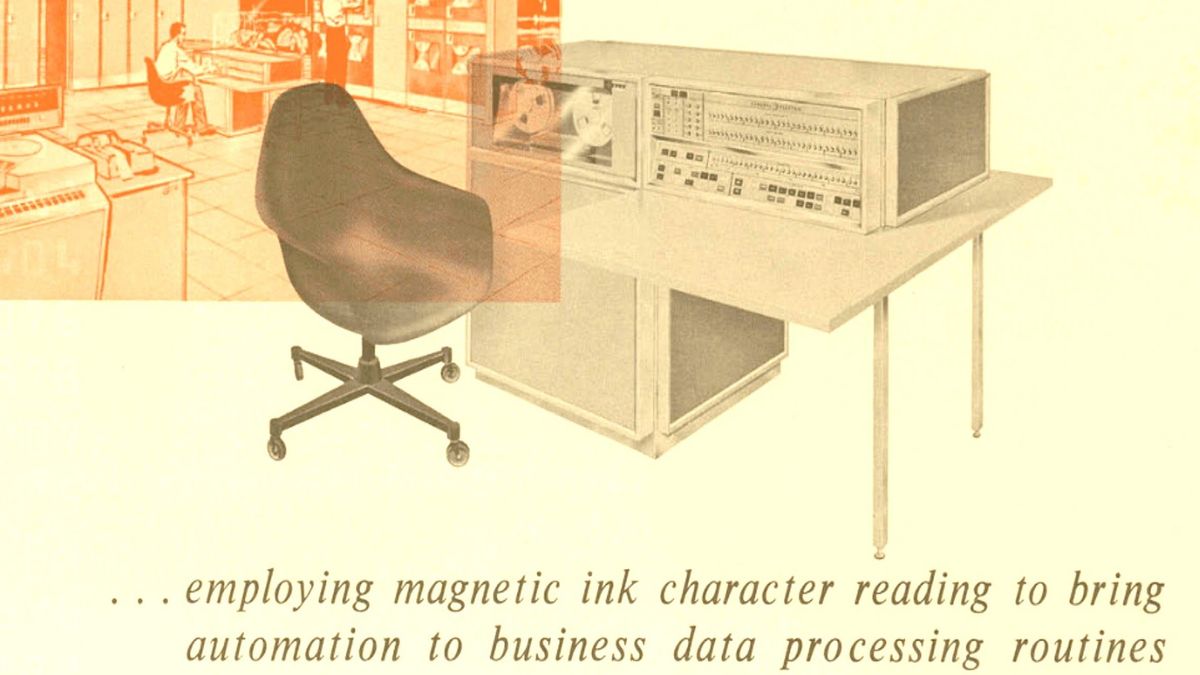The BASIC programming language turns 60 — Dartmouth BASIC started it all in 1964
We have a brief look at the history of BASICs.

BASIC, the programming language best known today for having the most "dialects" of derived programming languages, turned 60 this month. The original version of BASIC (Beginner's All-Purpose Symbolic Instruction Code) is also referred to as "Dartmouth BASIC", since its origins are with Dartmouth, a university based in New Hampshire. Naturally, it serves as the foundation point for dozens of later BASIC languages.
The original, Dartmouth BASIC launched in May 1964 and received updates and maintenance all the way up through 1979. In the times before BASIC and accessible programming languages like it, PCs were still machines that took up entire rooms and had to be programmed on a near case-by-case function to do much of anything. People say that BASIC "democratized" programming, and this is because besides being one of the first major programming languages, and it's actually one of the most accessible, too.
Dartmouth BASIC was developed alongside "a time-sharing system" to be used with a General Electric computer. In this context, time-sharing refers to a PC that is built to divide its resources among multiple terminals at the same time— and the first-ever test of BASIC was done with two BASIC applications simultaneously across two separate terminals connected to the same GE-225 machine.
So, just how influential is Dartmouth BASIC? To this day, several dozens of BASIC dialects tailored to specific use cases and devices have been seen in the past six decades. Early offshoots of BASIC include Atari BASIC, Microsoft BASIC, and even TI-BASIC* alongside Commodore BASIC. *That's Texas Instruments.
More recently, major dialects include Microsoft's Visual Basic and its offshoots. Coverage of the Dartmouth BASIC 60th anniversary by The Register also highlights closely-timed updates to Small Visual Basic 3.0, SE BASIC 4.2, and a custom QB64 QuickBasic, which is derived from Microsoft's QuickBasic.
Of course, those operating critical machines should be wary when building with or using applications that rely on older versions of BASIC. Did you know the U.S. government recommends against using programming languages like C++ due to them not being considered "memory-safe"?
Of course, no one's going to stop a regular old hobbyists from programming whatever they like with whatever they like— and no one should. We highly recommend anyone who wants to start getting into BASIC programming or one of its many dialects do so, because it's basically the programming language that taught most newer ones how to be accessible.
Stay On the Cutting Edge: Get the Tom's Hardware Newsletter
Get Tom's Hardware's best news and in-depth reviews, straight to your inbox.
All that said, it's worth noting that Dartmouth BASIC isn't the first programming language— that honor actually belongs to either Ada Lovelace's 1843 machine algorithm or Konrad Zuse's 1940 Plankalkul — and plenty of subsequent languages aren't based on it at all.

Christopher Harper has been a successful freelance tech writer specializing in PC hardware and gaming since 2015, and ghostwrote for various B2B clients in High School before that. Outside of work, Christopher is best known to friends and rivals as an active competitive player in various eSports (particularly fighting games and arena shooters) and a purveyor of music ranging from Jimi Hendrix to Killer Mike to the Sonic Adventure 2 soundtrack.
-
Unolocogringo Brings back fond memories of leaning basic in high school. Circa 1978-79.Reply
Well what I remember of it ,...... -
AlskiOnTheWeb When PEEK and POKE were added to BASIC ... it enabled all manner of tremendous hardware register access. It was a great language to use as you never felt far from the machine itself.Reply -
Corwin65 You've never experienced true BASIC programming unless you've attached the keyboard paddles to an Atari 2600 and typed code that would be gone once you turned it off.Reply